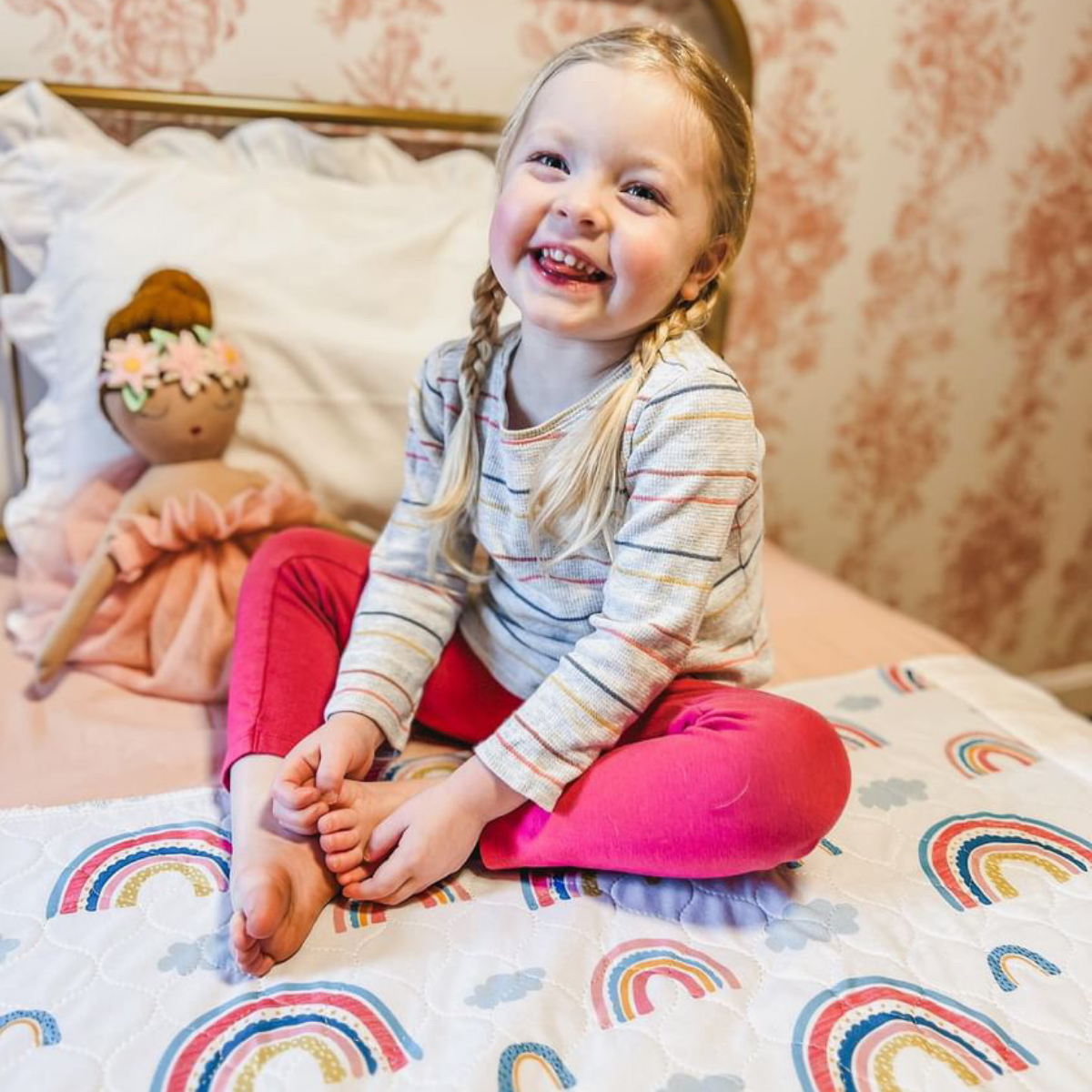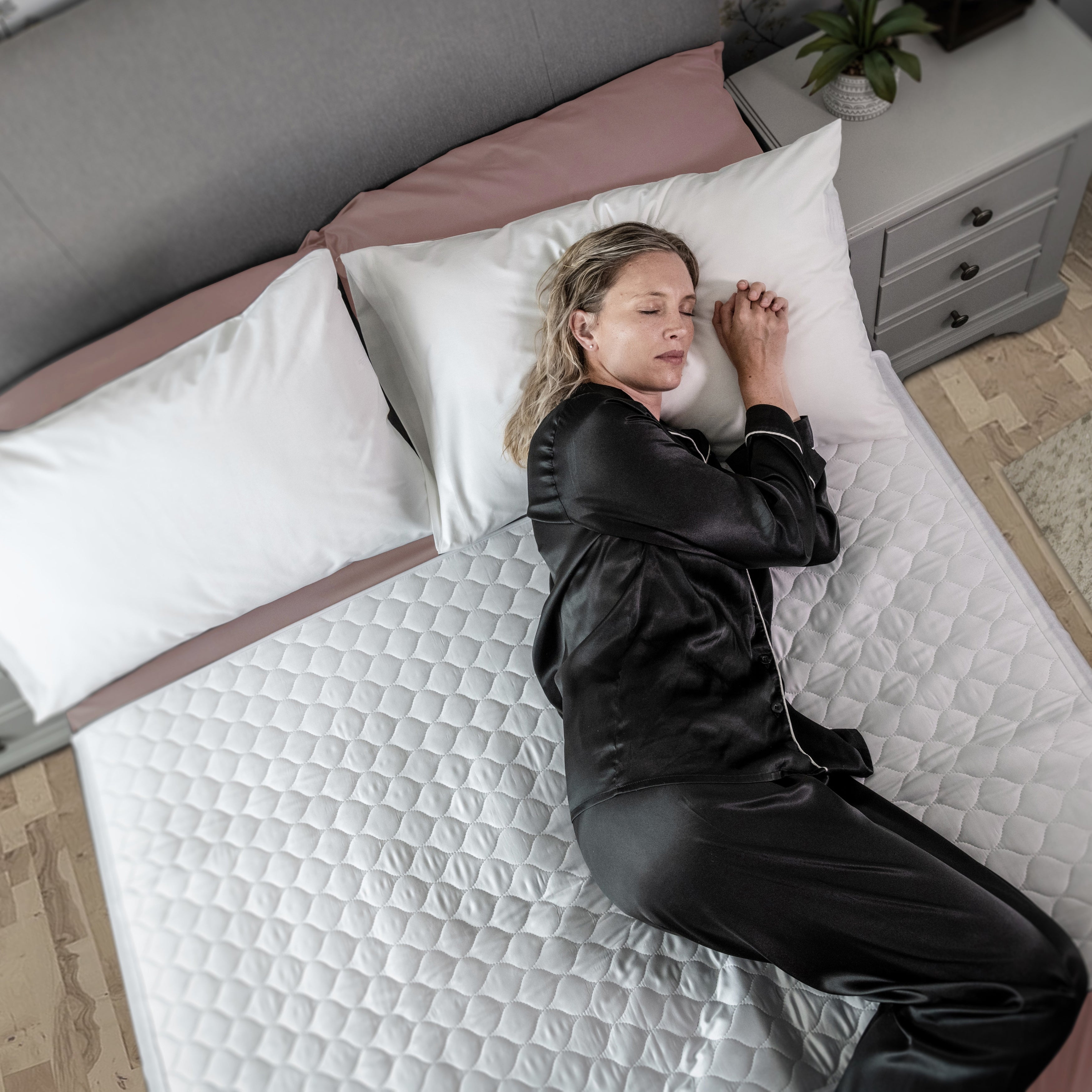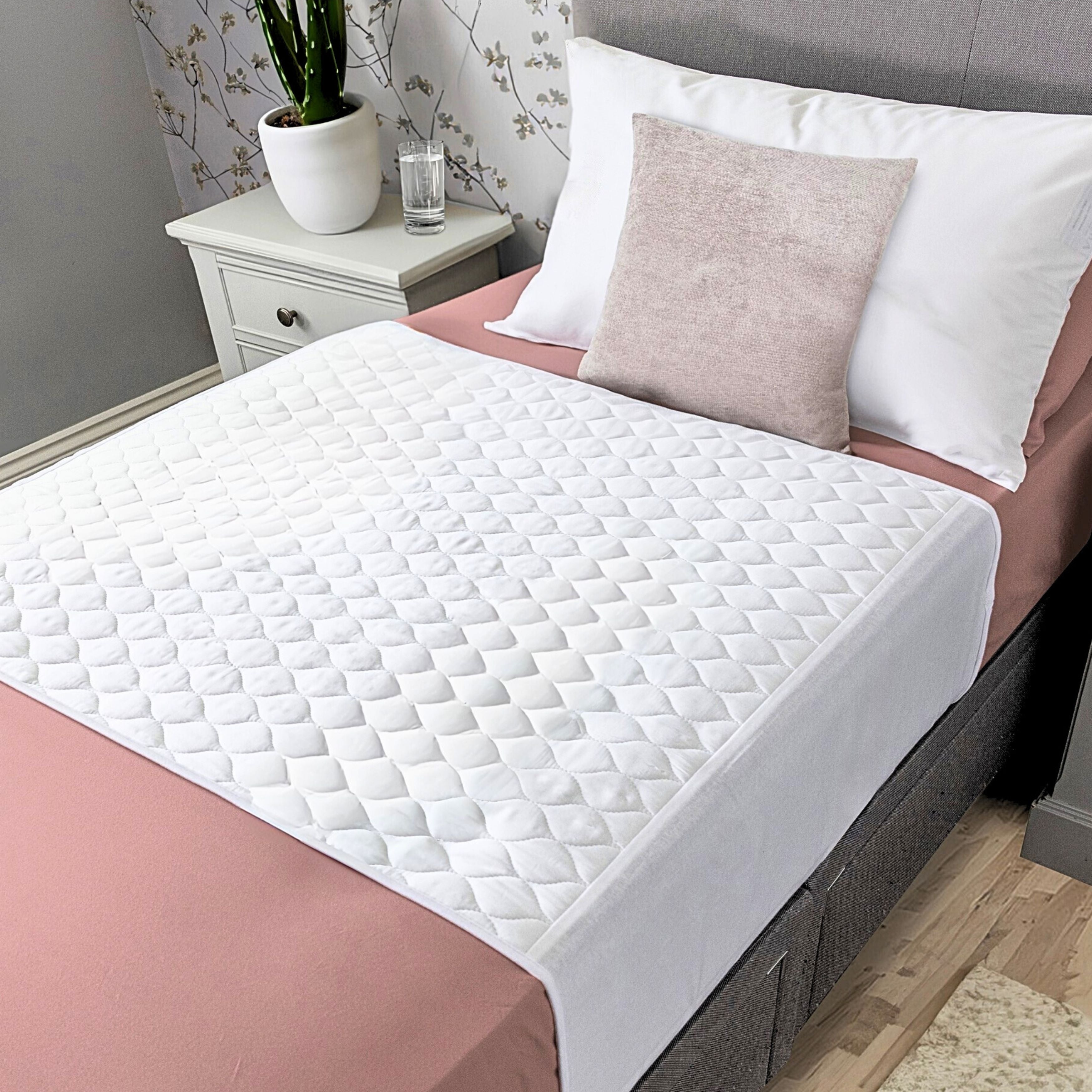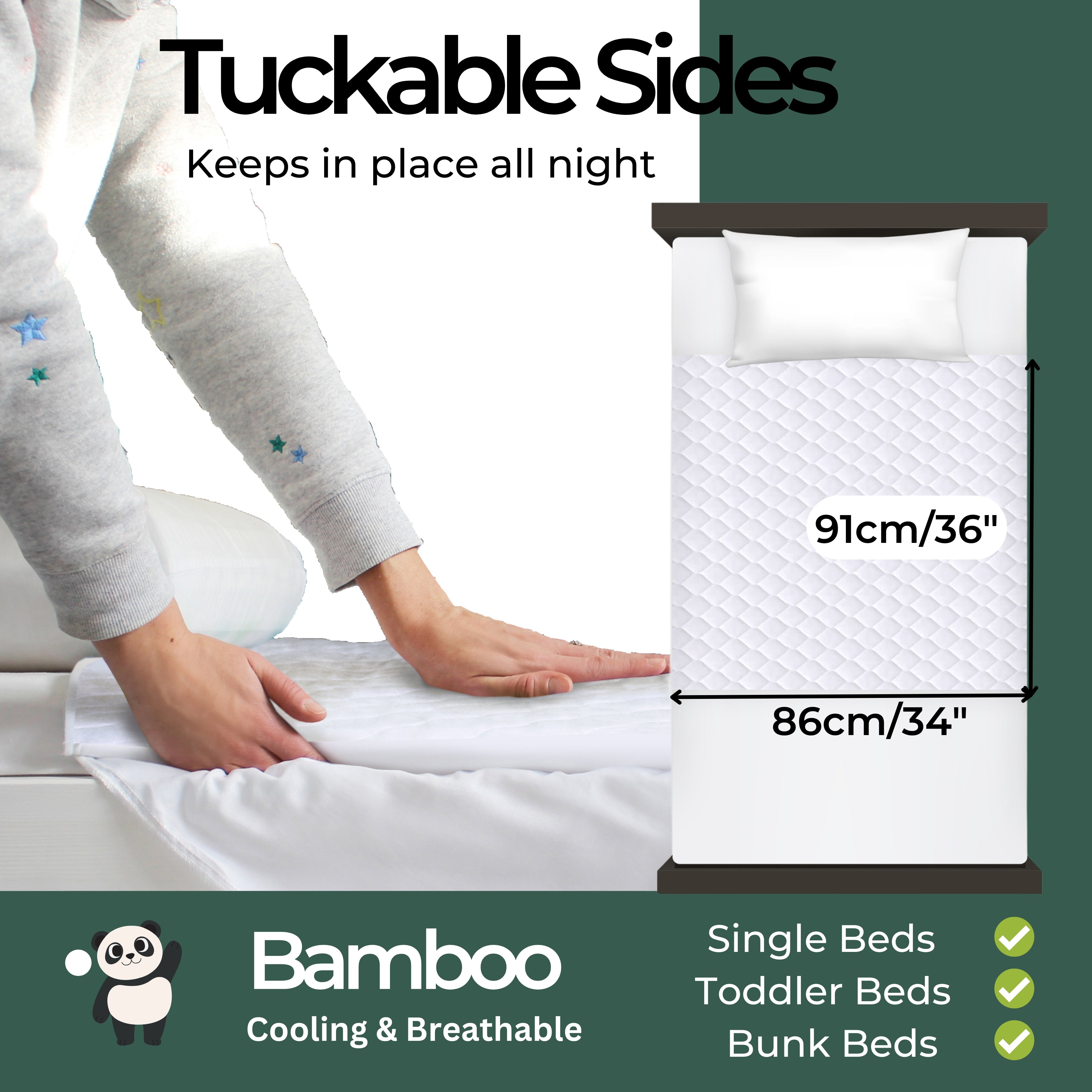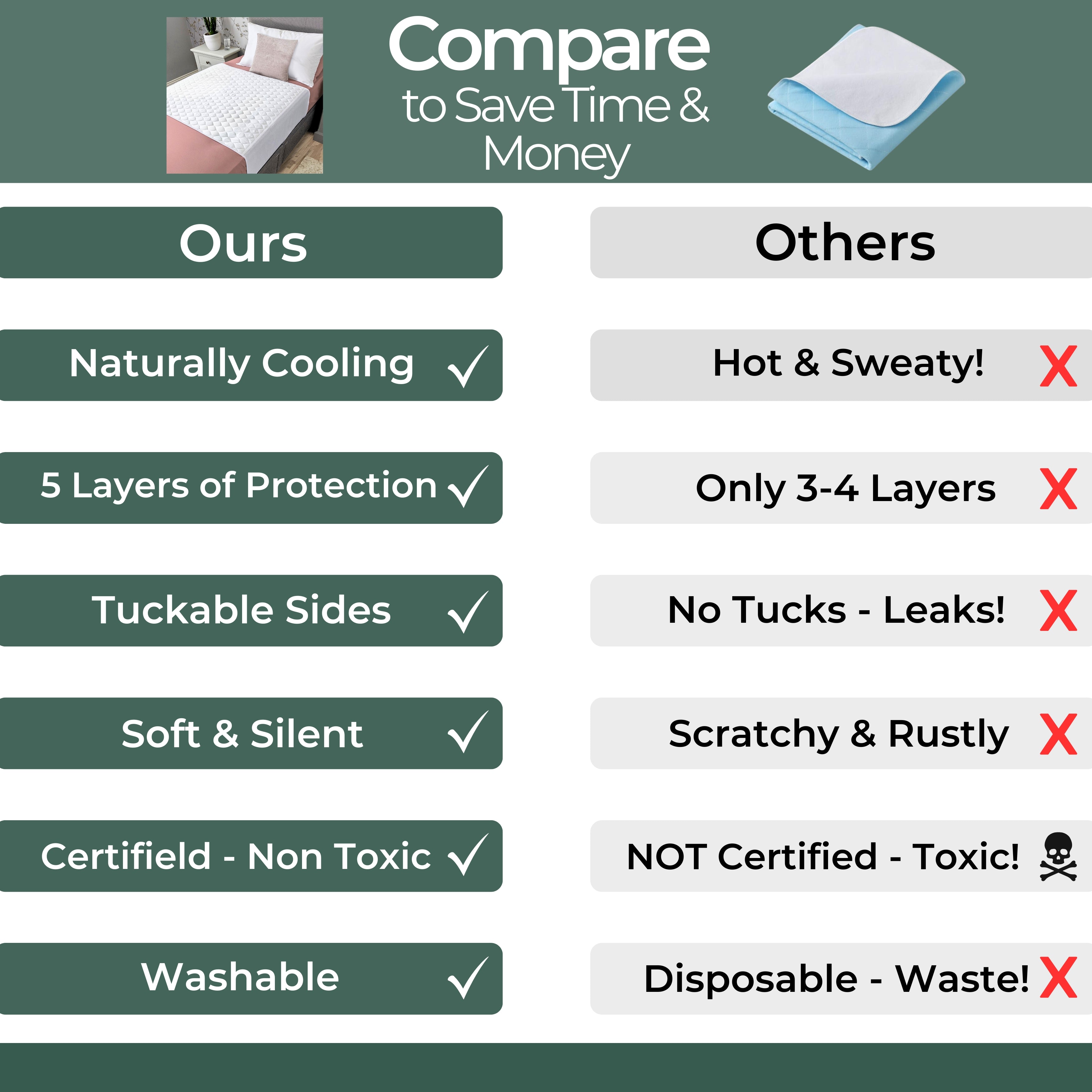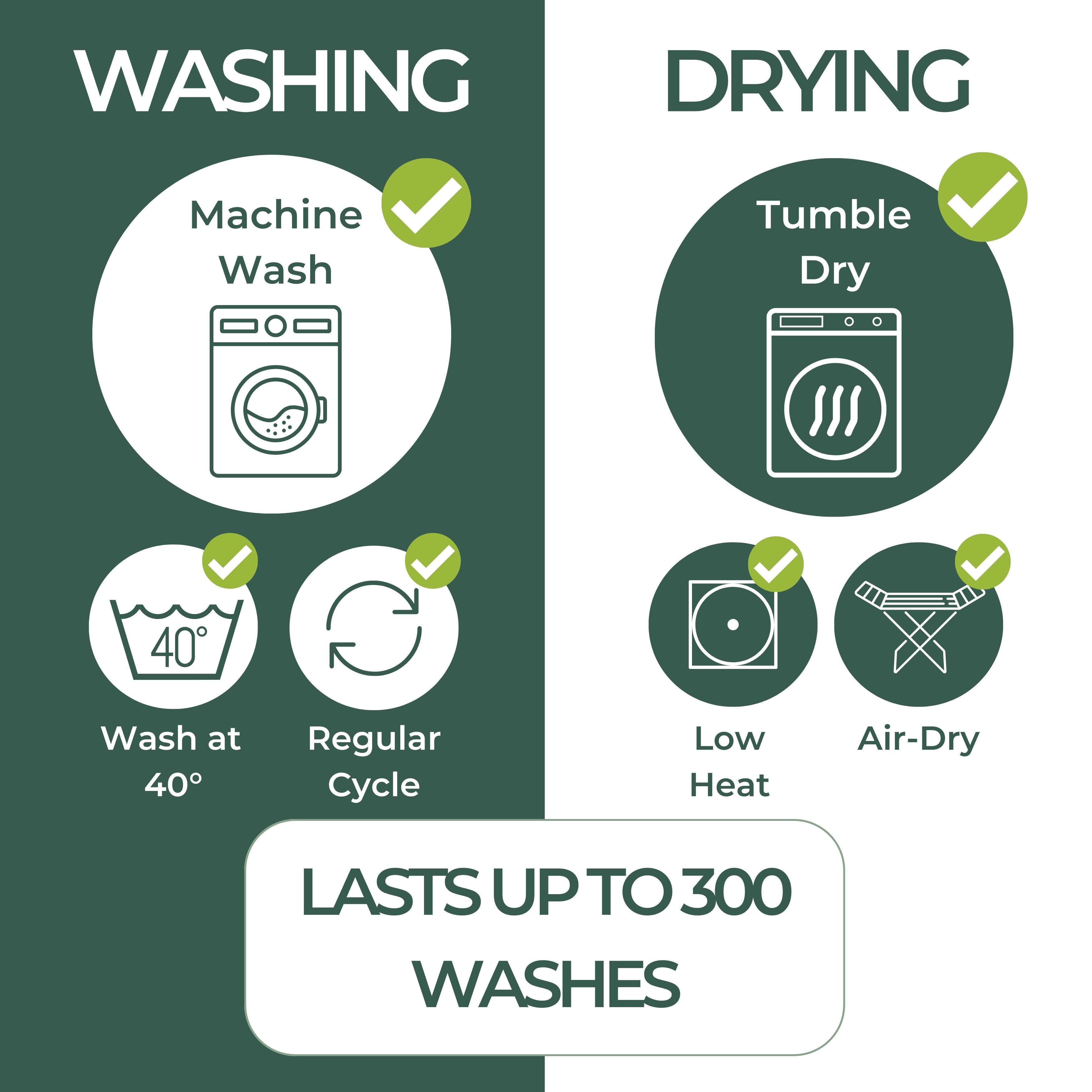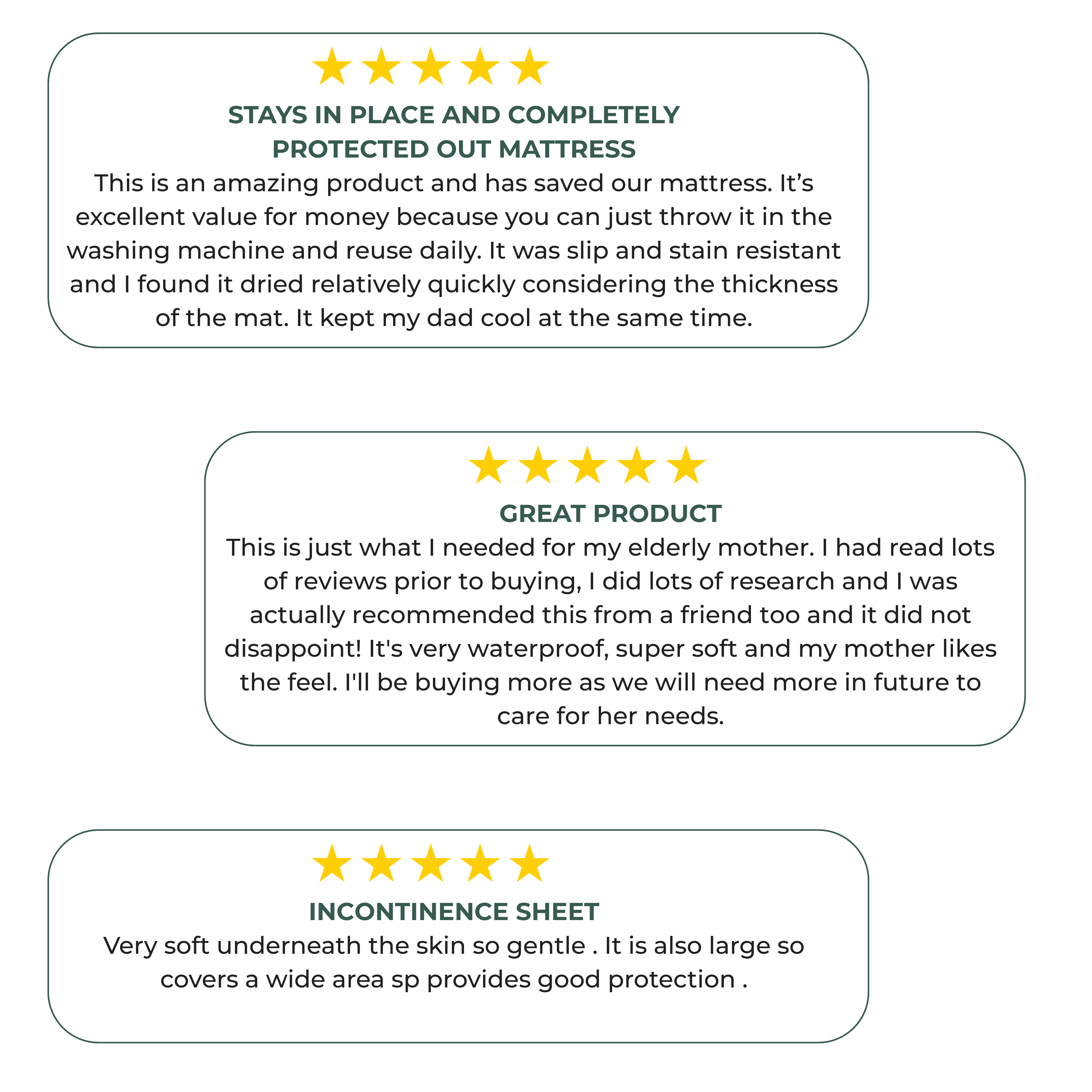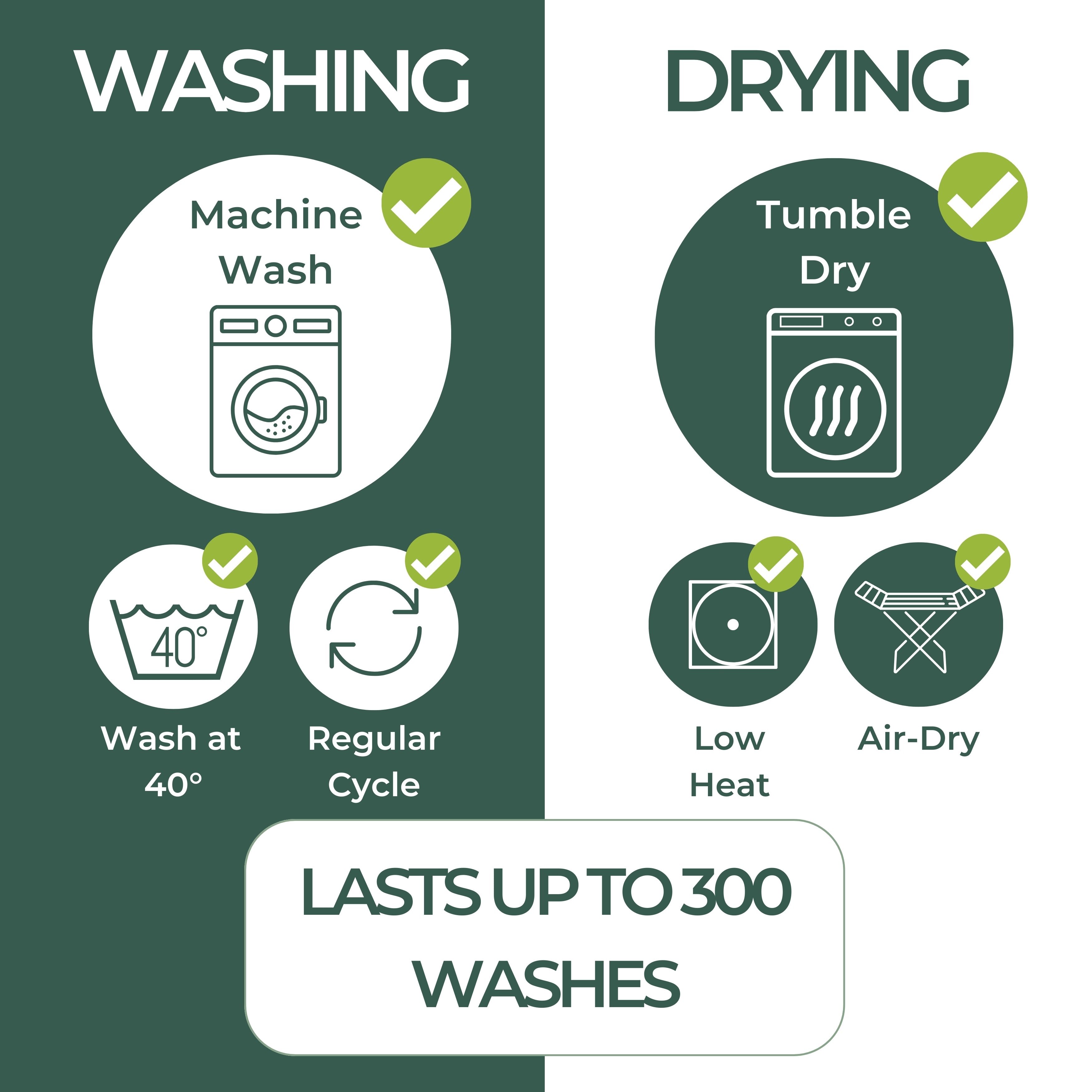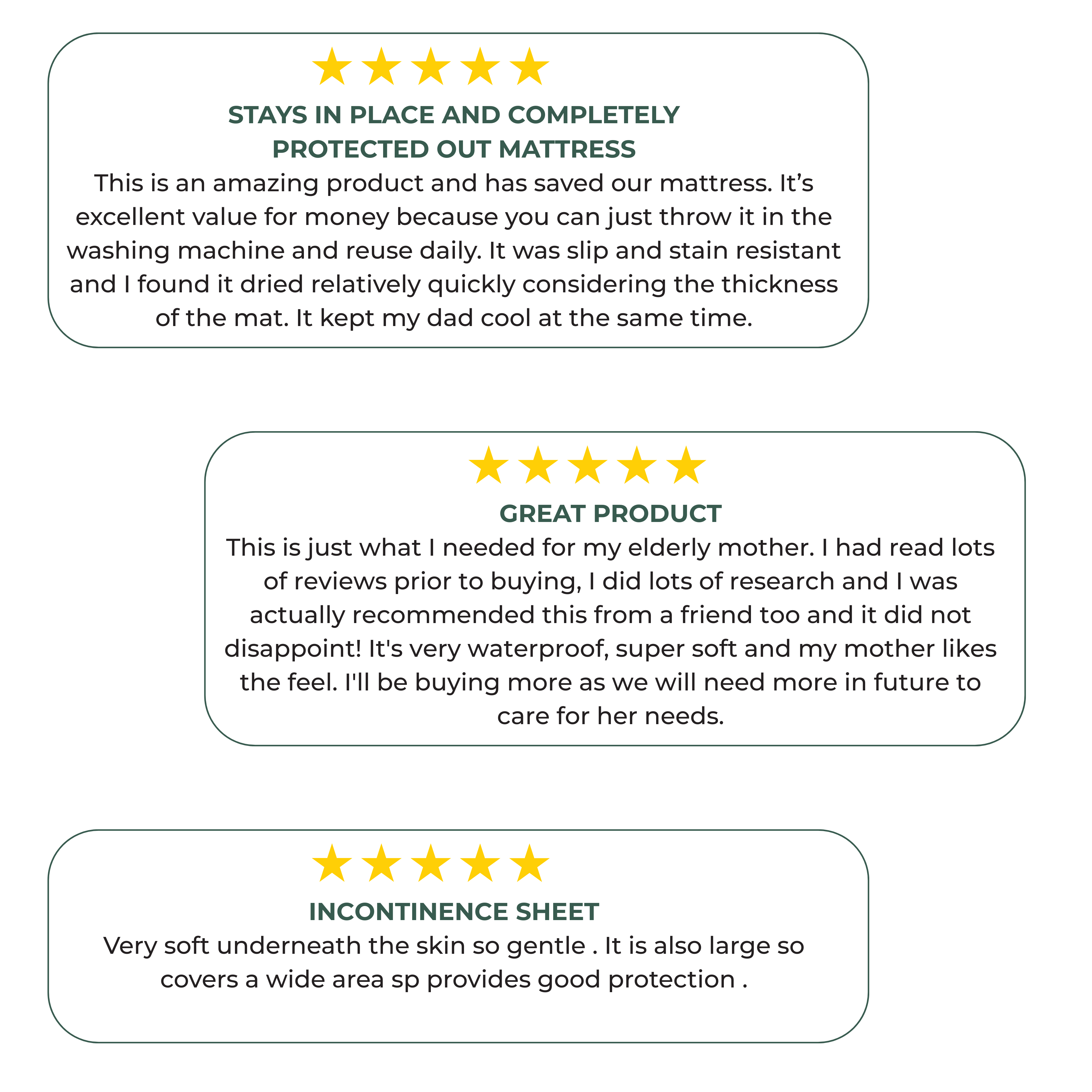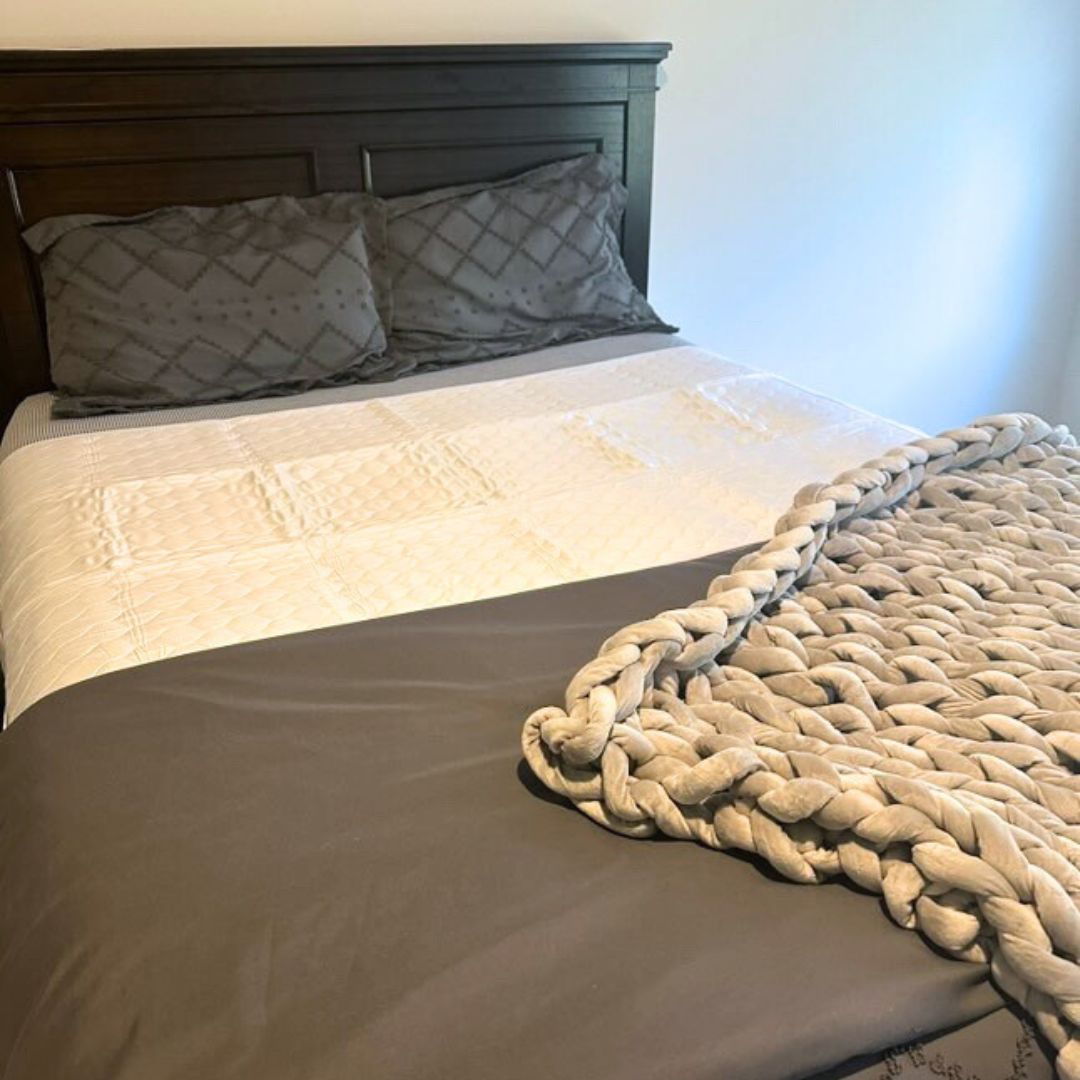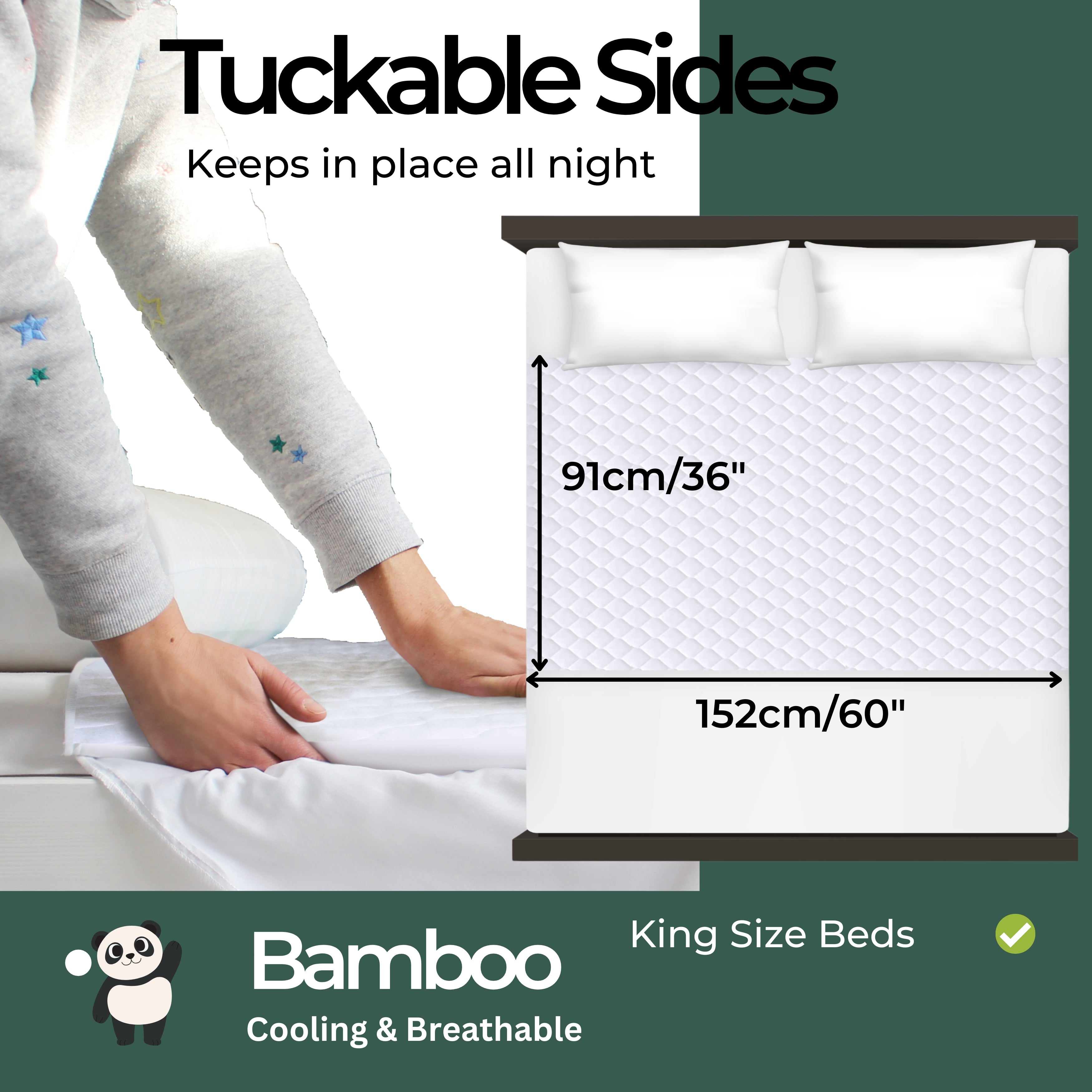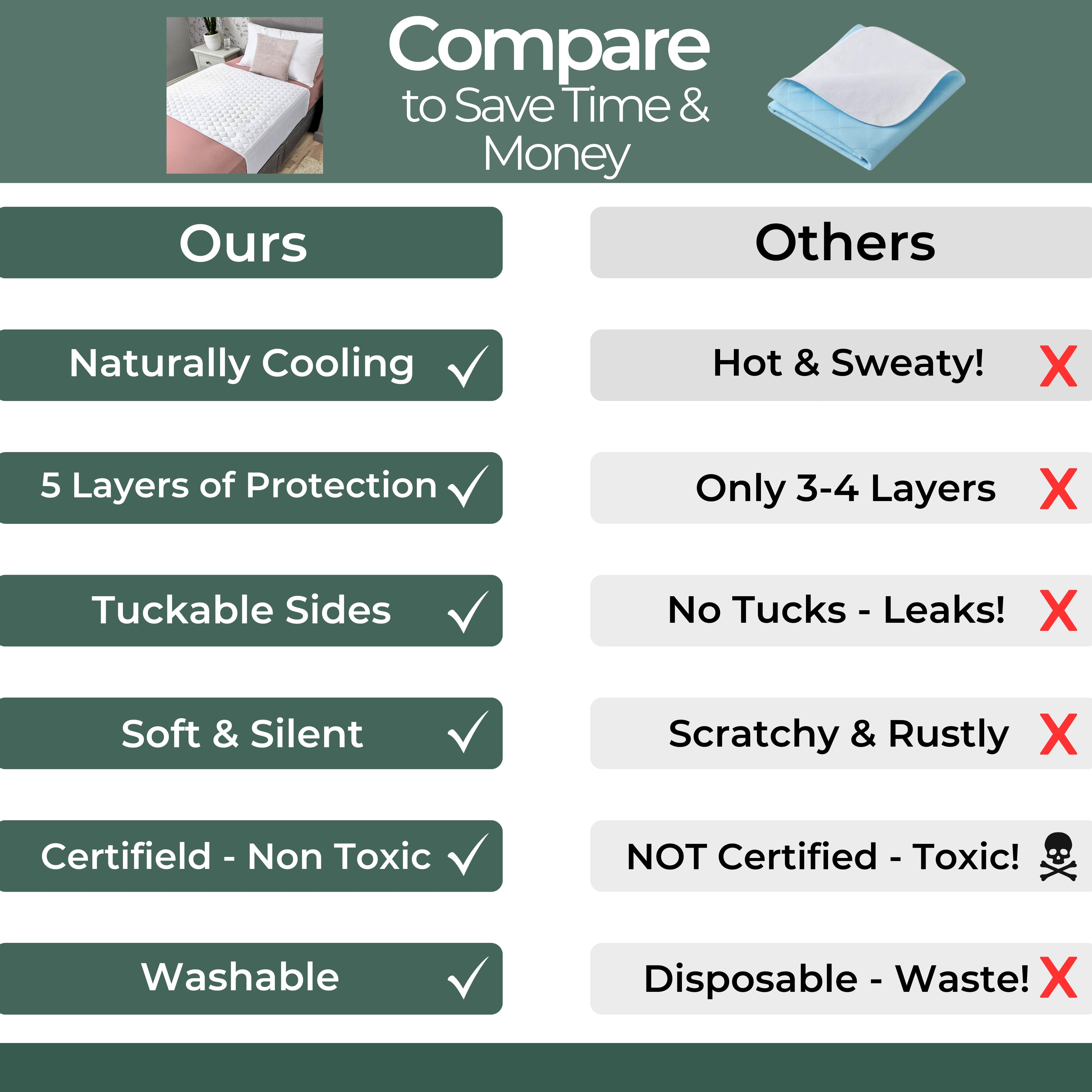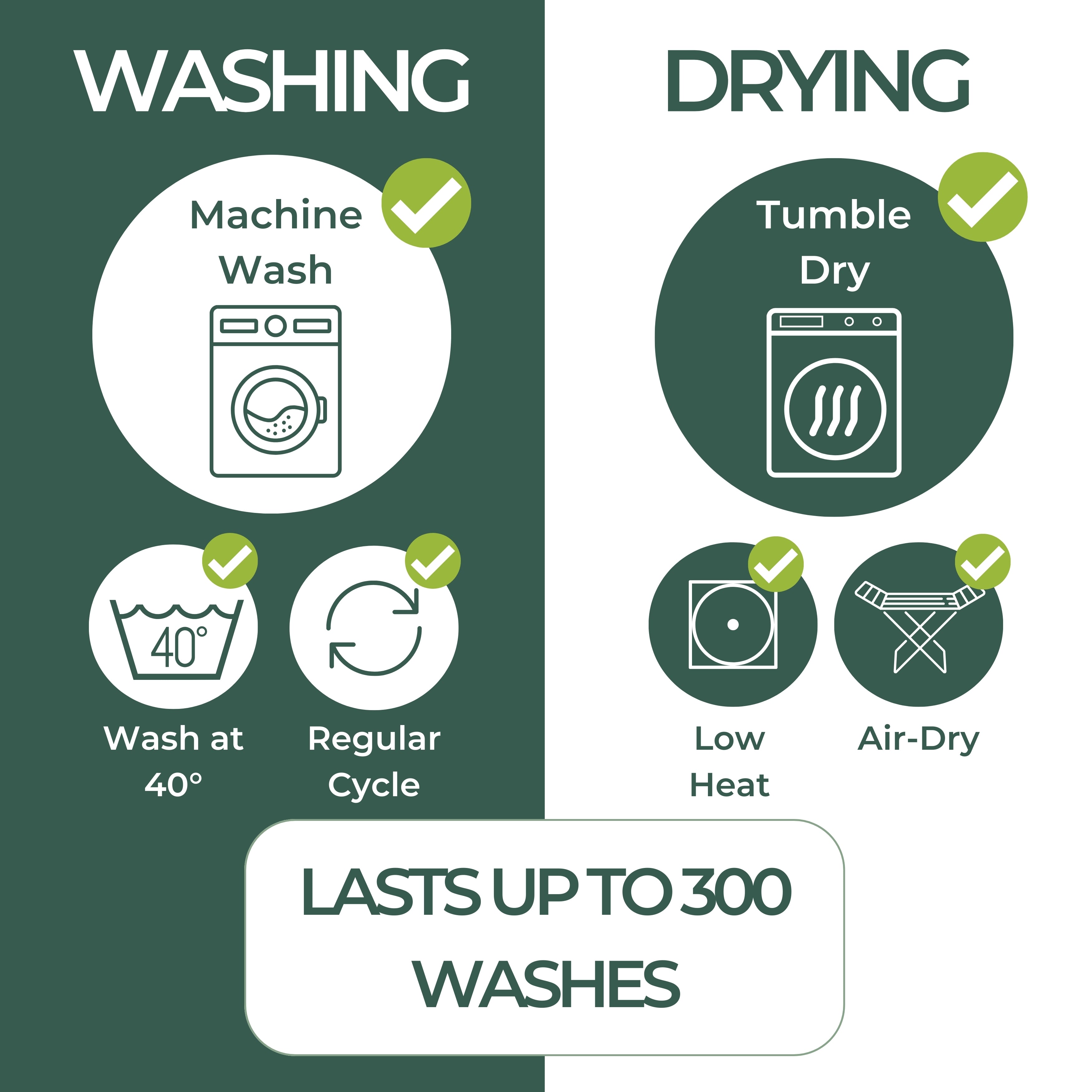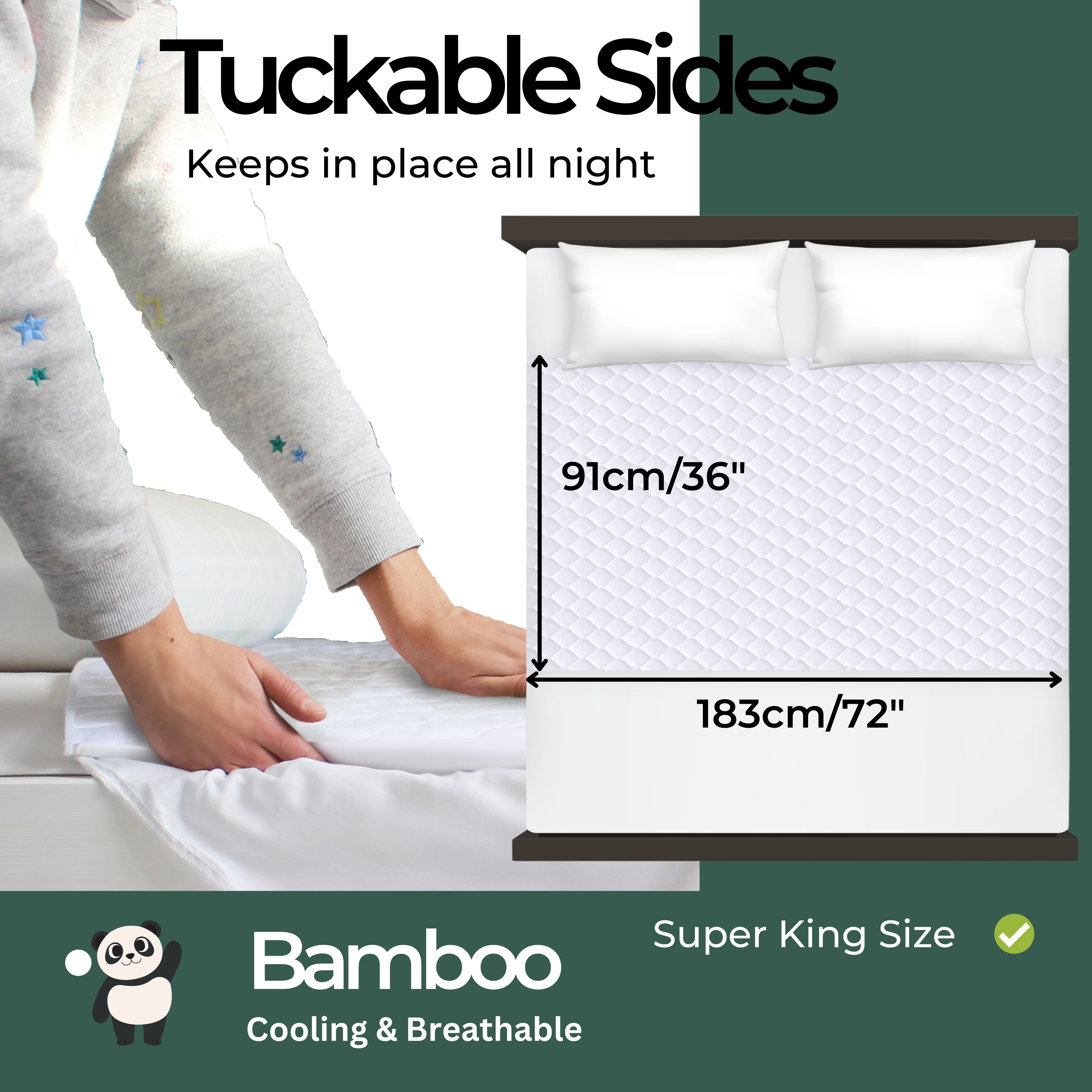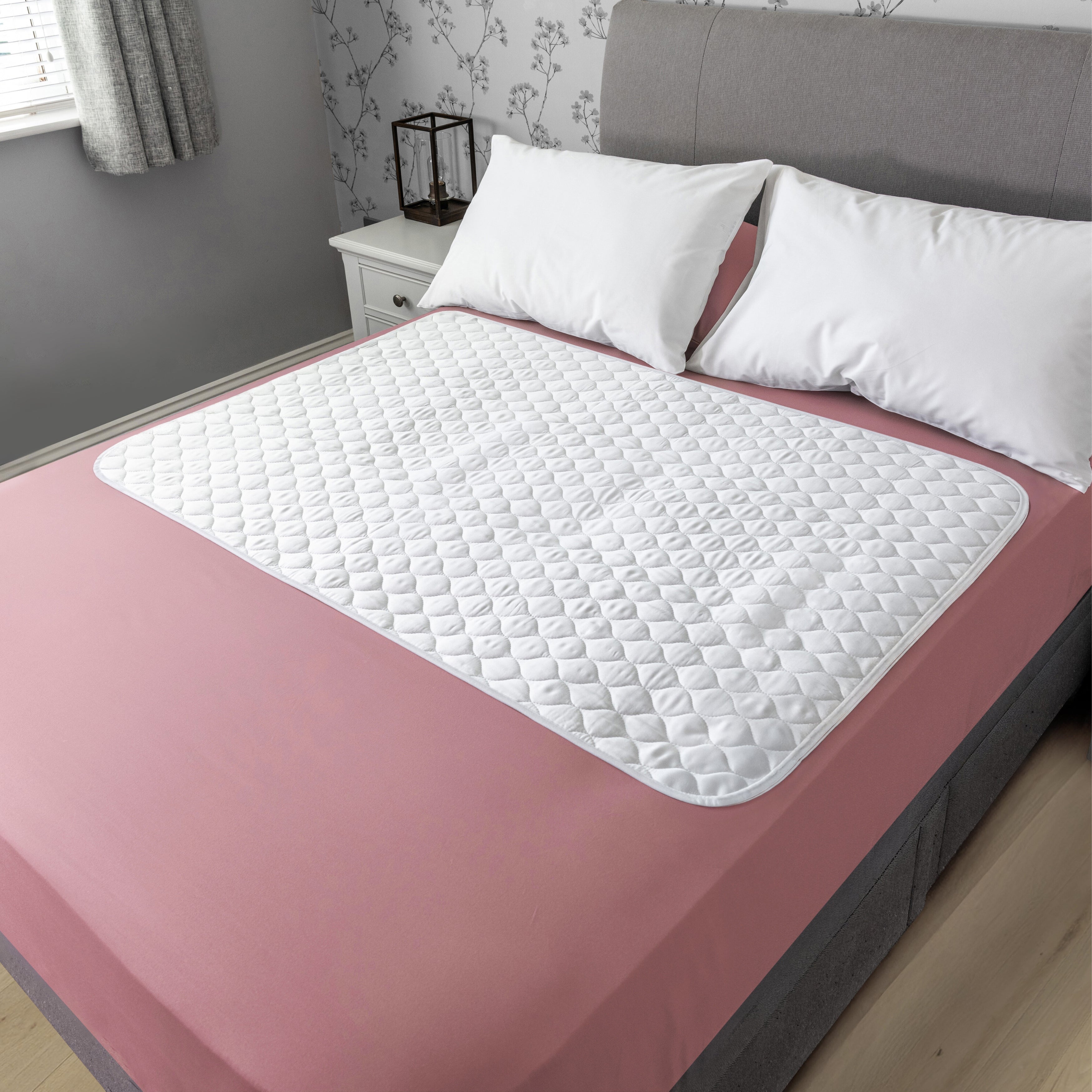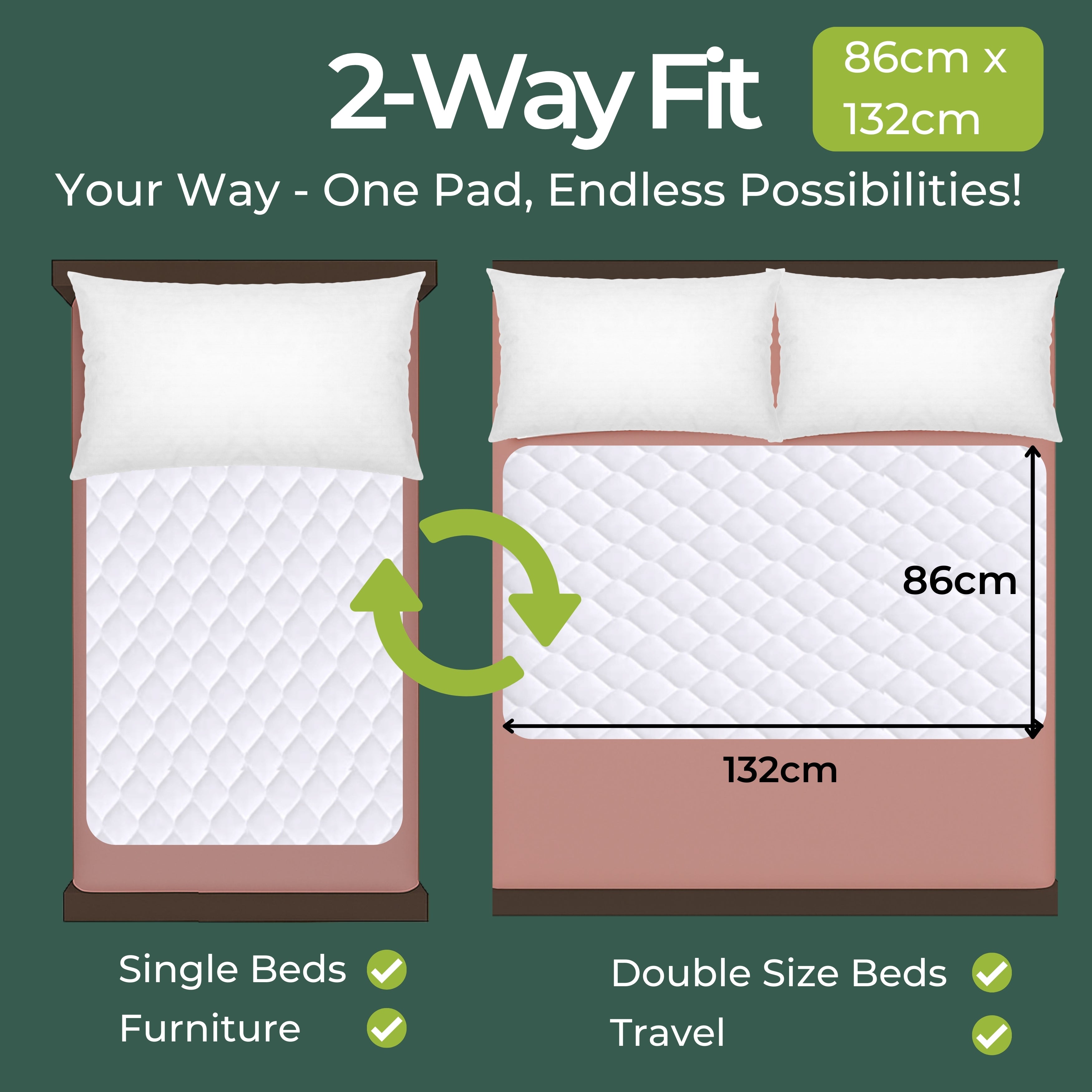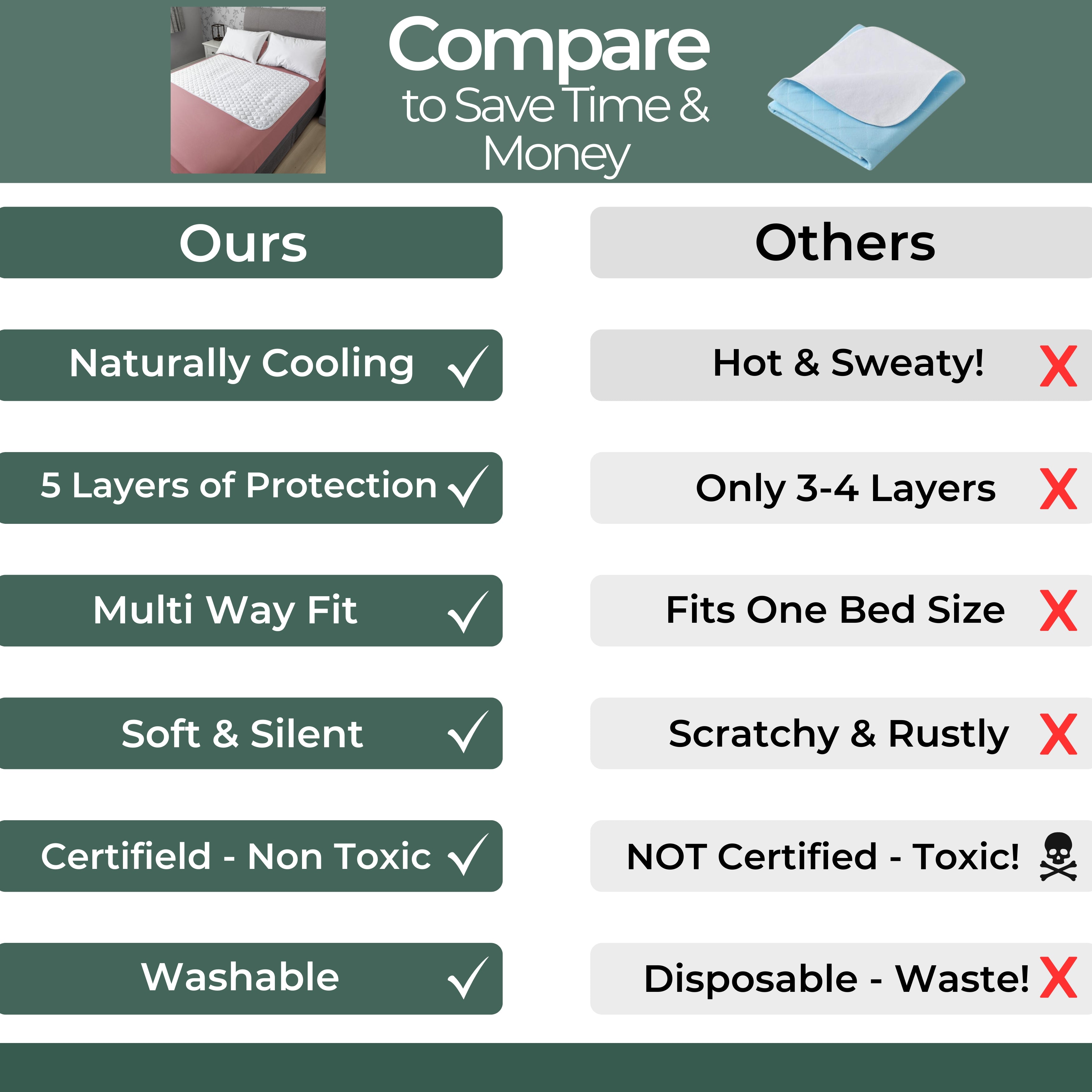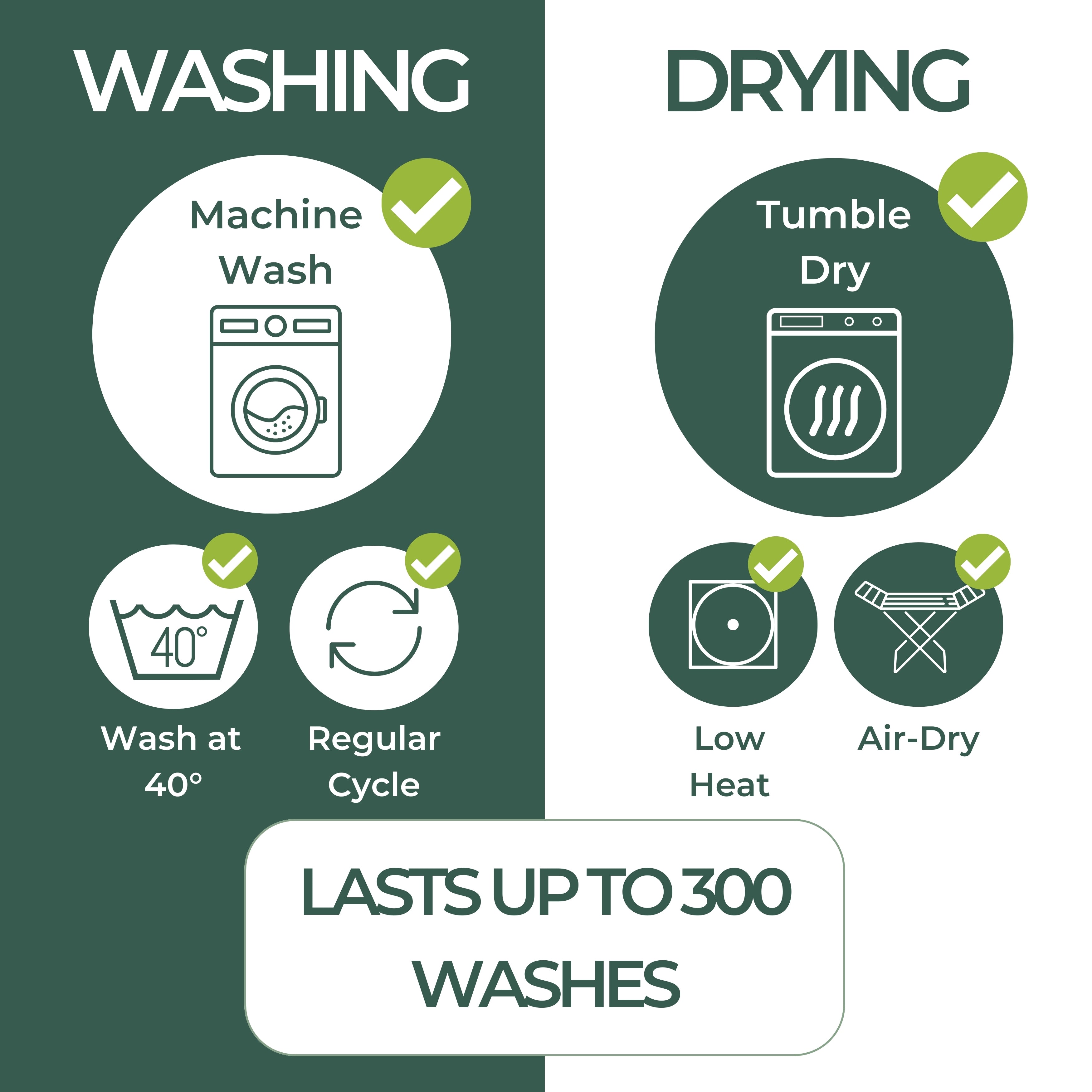Bedwetting in adulthood is more common than many people realise, and one often-overlooked factor is the psychological causes of bedwetting. While we tend to associate nocturnal enuresis with medical conditions or bladder control issues, emotional health can play a significant role too. High levels of stress and anxiety can impact the body in many ways - including bladder function - and understanding this connection is key to managing nighttime accidents.
If you experience bedwetting and struggle with anxiety, you’re not alone. This blog explores the link between anxiety and adult bedwetting, and what you can do to regain control.
Understanding Anxiety
Anxiety is a natural response to stress, but for many people, it can become overwhelming and begin to affect daily life. It’s more than just feeling nervous before a big event - it can manifest as excessive worry, restlessness, difficulty concentrating, and even physical symptoms like a racing heart or shortness of breath. While occasional anxiety is a normal part of life, chronic anxiety can interfere with sleep, relationships, and overall well-being.
Anxiety is often misunderstood. Many people struggle in silence, unsure of how to manage their emotions, or even understand what is causing the anxiety to begin with. However, effective treatments - including therapy and lifestyle adjustments - can help individuals regain control and improve their quality of life. Recognising anxiety as a legitimate health concern, and possibly a symptom of something deeper, is the first step towards reducing stigma and ensuring that those affected receive the support they need.
What Can Cause Anxiety?
Anxiety is complex and can be caused by a combination of factors, such as current life situations, emotional trauma or even past childhood experiences. It’s important to seek help in finding out the root cause of your anxiety. Without understanding where the anxiety stems from, it can feel like trying to manage something invisible - treating the symptoms without addressing the source. Whether it's through therapy, reflection, or speaking with someone you trust, exploring the 'why' behind your anxiety can lead to a clearer sense of direction and more effective coping strategies. Everyone's experience is different, which is why taking the time to understand your own story can help you begin to move forward.
Anxiety and the Bladder
Anxiety triggers physiological responses in the body, including changes to hormone production, nerve sensitivity, and muscle tension - all of which can contribute to adult bedwetting.
Here’s how anxiety affects bladder control:
1. Increased Nighttime Urine Production
When we experience anxiety, our bodies release stress hormones like cortisol and adrenaline. These hormones increase urine production, meaning the bladder fills up more quickly at night. In some cases, the bladder may reach full capacity before the brain signals the need to wake up, resulting in bedwetting.
2. Nervous System Overactivity
The autonomic nervous system regulates involuntary bodily functions, including bladder control. Anxiety can overstimulate this system, making bladder signals unpredictable. Some people experience frequent urges to urinate when stressed, while others struggle with disrupted brain-bladder communication during sleep.
3. Poor Sleep Quality and Disrupted Arousal Response
People experiencing anxiety often have poor sleep quality, including difficulty falling asleep, frequent awakenings, or light, restless sleep. If the body doesn’t reach deep sleep cycles consistently, bladder control mechanisms can be disrupted, increasing the likelihood of bedwetting.
Additionally, anxiety can interfere with the brain’s ability to wake up in response to bladder signals. The body may suppress normal wake-up responses due to stress, meaning you don’t register the need to go to the toilet during sleep.
4. Muscle Tension and Bladder Sensitivity
Anxiety can cause muscle tension throughout the body, including in the pelvic floor and bladder muscles. This tension may result in increased urgency or difficulty holding urine overnight. Conversely, some people experience bladder relaxation under stress, making involuntary leakage more likely.
How to Manage Bedwetting Caused by Anxiety
If anxiety is contributing to your bedwetting, addressing both physical and emotional factors can help.
1. Reduce Stress Before Bedtime
In the UK in 2024, the term ‘How to reduce stress’ was searched on Google once every 10 minutes, on average. Managing your stress levels before bedtime can reduce bedwetting episodes over time. Try these stress-reducing techniques:
-
Practice mindfulness or deep breathing exercises to calm the nervous system.
-
Establish a relaxing bedtime routine to signal to your body that it’s time to wind down
-
Avoid screens and stimulating activities before bed to improve sleep quality.
2. Adjust Fluid Intake and Nighttime Habits
Making small changes to your nighttime routine can help prevent bedwetting:
-
Reduce fluid intake in the evening, particularly caffeine and alcohol.
-
Empty your bladder before bed using a double voiding technique (going to the toilet twice).
-
Maintain a consistent sleep schedule to regulate the body’s natural rhythms.
3. Strengthen Pelvic Floor and Bladder Control
Pelvic floor exercises help improve bladder control and reduce involuntary leakage. Additionally, bladder training techniques—such as gradually extending the time between bathroom visits—can help increase bladder capacity and control.
4. Use Protective Bedding for Peace of Mind
It’s important to have a reliable mattress protector that will give you peace of mind during the night. Hygge Sheets not only make nighttime bedwetting easier to cope with, but also provide maximum comfort for a good night’s sleep. Our sheets are designed to sit on top of the mattress and bedding, so if an accident occurs, you can quickly remove and replace the pad without needing to change the entire bed - minimising sleep disruptions.
Our Organic Bamboo Mattress Protectors are designed for maximum comfort and protection. The bamboo top layer helps regulate body temperature and hypoallergenic. Unlike other mattress protectors, Hygge Sheets have 5 layers of protection, including: a bamboo comfort layer, two super absorbent layers, a waterproof barrier and a non-slip backing. These waterproof yet breathable protectors offer discreet protection, helping you wake up feeling fresh and confident.
5. Seek Professional Support
If you suspect that you might be suffering from anxiety, then it is important to seek professional help.
If anxiety is significantly affecting your sleep and bladder control, speaking to a doctor or therapist can be beneficial. Sometimes anxiety can be the result of a much deeper psychological problem that may need addressing.
You’re Not Alone
Bedwetting linked to anxiety is more common than many people realise, and it’s nothing to be ashamed of. Understanding the connection between emotional health and bladder control is the first step toward managing it.
With the right strategies – whether it be speaking to a therapist, trying stress management, fluid adjustments, bladder training, or protective bedding - you can reduce nighttime accidents and feel more confident.

